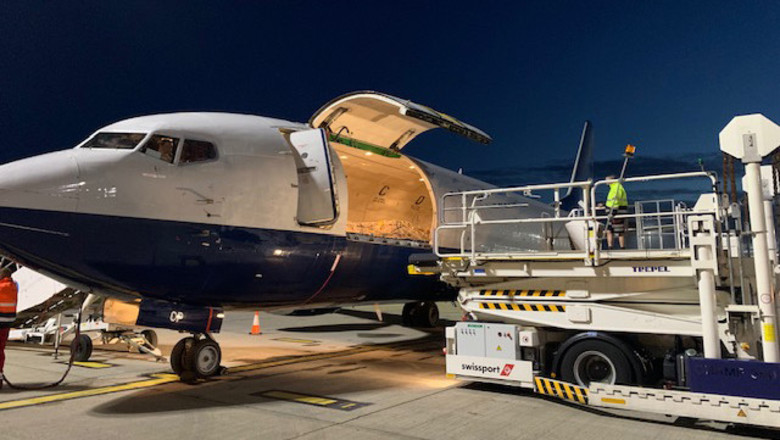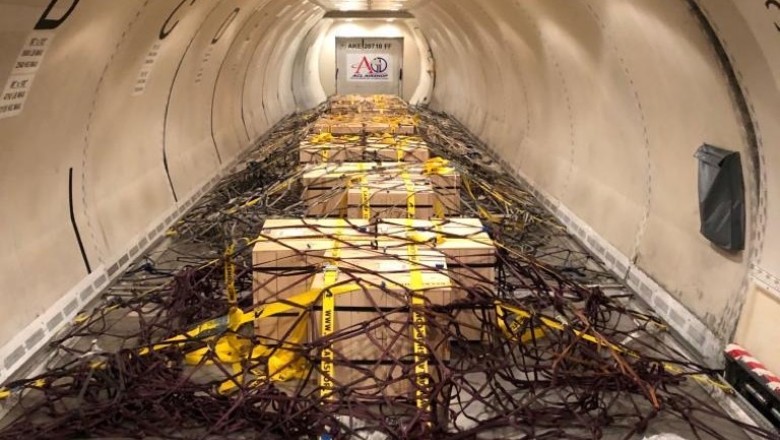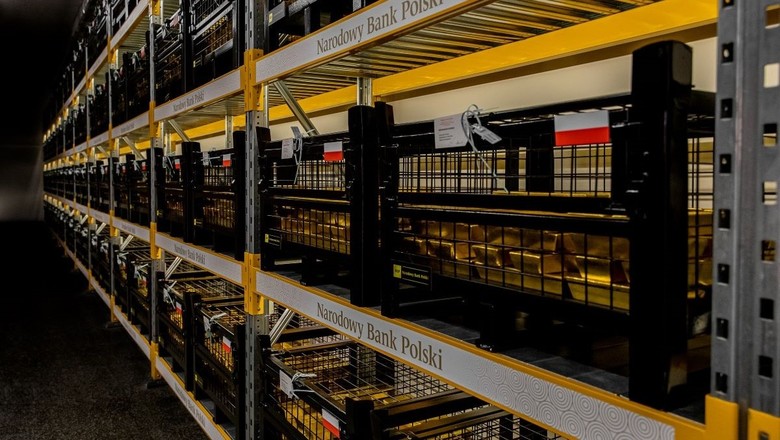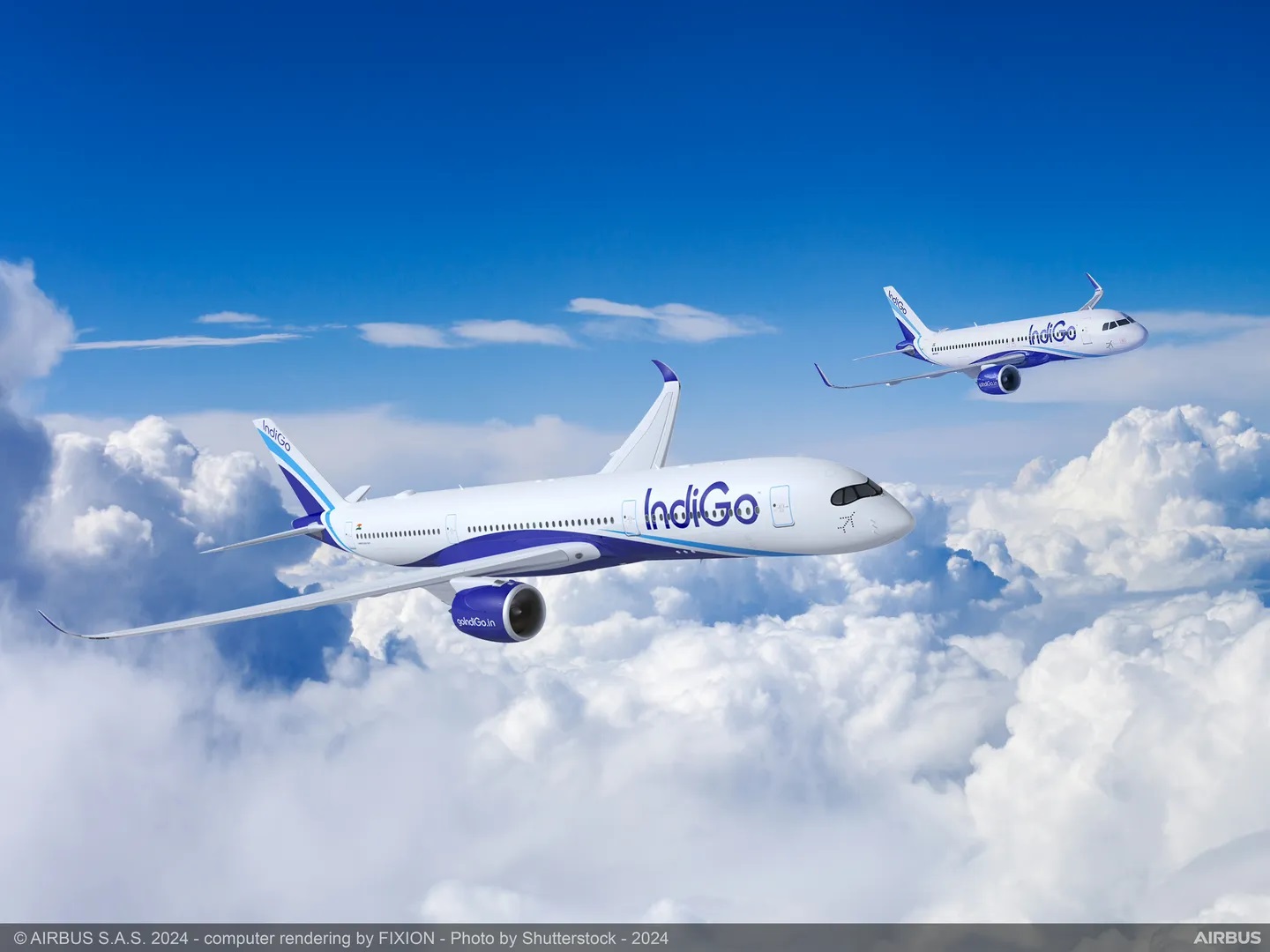How billions in gold bullion moved covertly from London to Poland

Above:
Gold bullion being moved from the Bank of England to Poland by G4Si.
Courtesy G4S
The gold bullion was secretely and securely transported by UK security firm G4S’ International Logistics division (G4Si). So just how exactly did they manage to conduct one of the biggest movements of gold between banks in the world?
In the early hours of the morning on 22nd November 2019, four G4S trucks raced from a secret facility northwest of London carrying a special cargo. They were accompanied by a police escort, with a helicopter flying overhead. Lights flashed as they drove to a London airport, where 20 heavy, wooden boxes were carefully loaded and tied down in a Boeing 737 freighter plane.
“It was the eighth time we had made the trip, in the middle of the night,” Paul Holt, General Manager of G4Si in Europe (North and South), Russia and the Commonwealth of Independent States, said. “It was all very secretive and extremely important it was done well.” The boxes were full of gold bars, bound for Poland.

The covert mission
Over the eight trips, G4Si helped transport 100 tonnes of gold - worth more than $US5 billion - from London’s Bank of England to the Narodowy Bank Polski, Poland’s central bank. On the UK side, 8,000 bars were carefully counted, prepared and packaged at a purpose-built G4S gold storage facility in London. They were then loaded into high-tech armoured trucks.
"The movements of the gold were meticulously planned in coordination with everyone, including the police, the Bank of England, the Narodowy Bank Polski and G4Si," John Lennox, Operations Director for G4S Cash Solutions UK, said.
“Given the sensitivity of this operation, we needed to be prepared for anything. Plans can change at short notice. Having a strong team, flexible and professional drivers - and making sure everyone was regularly updated - meant the operation was a complete success.”
In the middle of the night, the trucks, escorted by police and helicopters, arrived at the London airport. The bars were then airlifted to two airports in Poland, where they were taken, under another full police escort, to the country’s central bank vaults.
They were London Good Delivery bars, a standard issue bar weighing 12.5kg each, stamped with a serial number and marker identifying the refinery at which they were produced.
G4Si has been transporting valuable commodities like gold, diamonds and fine art - for governments, museums, banks and mining companies all over the world for more than three decades. It has more than 250 specialist staff, a secure reach over 130 countries and risk mitigation systems that ensure cargo is safe at every stage of the journey.

One G4Si employee who accompanied the gold on two of the trips said: “This is one of the biggest private movements of gold between banks in the world.”
“It involved a huge amount of planning in a short period of time,” he said.
“We liaised with police forces, representatives from both central banks, arranged insurance - it’s $US5 billion worth of gold, after all - and made sure the whole operation was secure, safe and efficient. This is high value logistics and this is what we do."
When the plane landed in Poland, two G4Si staff were greeted by an elite force of police officers. The gold was loaded into three armoured vehicles, which were driven by a full motorcade to vaults in undisclosed locations. “Every precaution was taken to ensure the gold arrived safely,” the G4Si employee said. “We stopped at no traffic lights. G4Si took on the risk and liability of the entire transfer, until the gold was inside the Polish vaults and verified to be the right bars.”
Wartime gold
In the days after the outbreak of World War II, Poland arranged for its entire reserves of gold to be evacuated. On the evening of 4th September 1939, about 80 tonnes of gold bullion, along with other assets and banknotes, were sent on a journey that took them through Romania, Turkey, Africa, France and New York. Years later, in 1943, Poland’s national reserve was split into three and stored at the Bank of Canada in Ottawa, the Federal Reserve Bank in New York and the Bank of England, in London.

Earlier this year, the Central Bank of Poland announced it would purchase 100 tonnes of gold, bringing its reserves to 228.6 tonnes.
Julian Haskard, Managing Director of G4Si, said this was a historic day in the gold industry. “With increasing geopolitical insecurity, this is not a surprising move,” he said.
“From our logistics experts that planned the operation to our Cash Solutions partners and those who accompanied the gold from start to finish, our team worked tirelessly to ensure Poland’s gold was repatriated efficiently and safely. We’re humbled to play a part in gold history with this operation."













